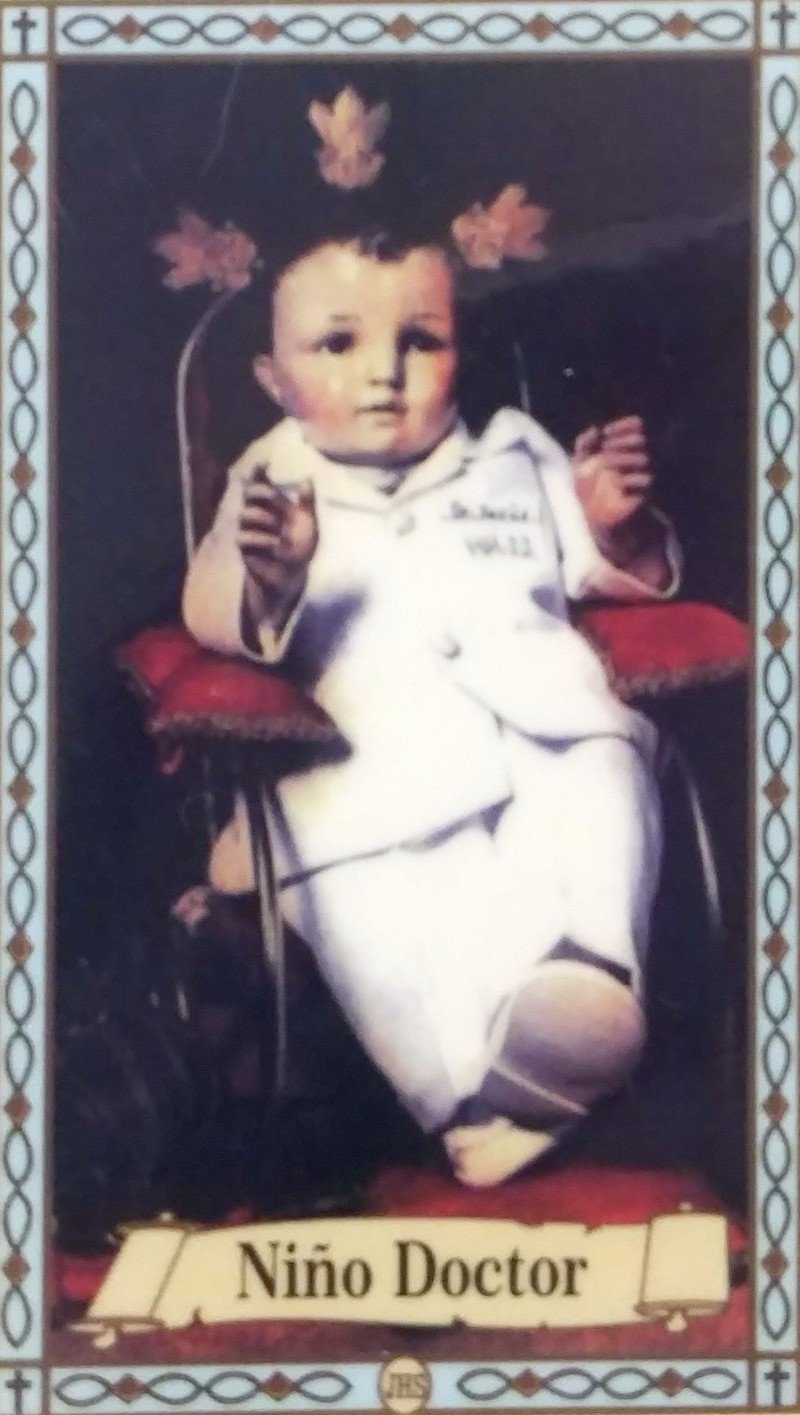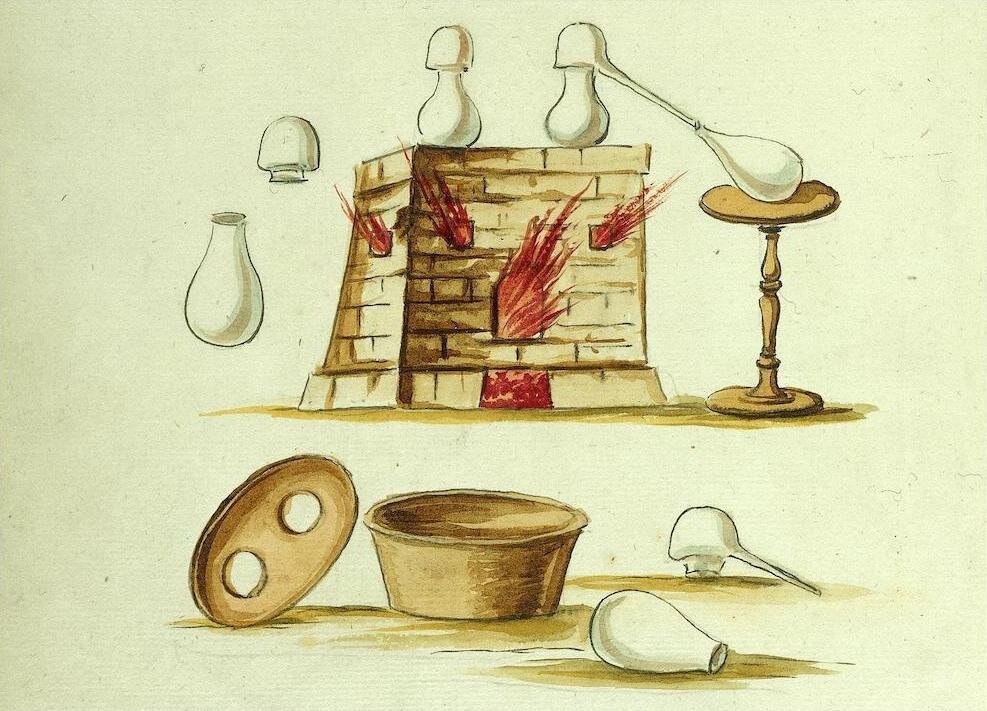Exile of the Imposters
Man suffering from pulmonary tuberculosis. Illustration from Kranken-Physiognomik / by von K. H. Baumgärtner / 1929. Credit: Wellcome Collection
As the Spurl Editions Board of Directors has long known, St. Drogo has been ill. Contrary to the rumors spreading from village to village, it is a physical malady that eats away at the legendary editor-in-chief, turning his tongue yellow, making his teeth dusty, and causing the skin on his elbows to flake off and bleed buckets; there is nothing the matter with his mind or editorial acumen (and there never has been). Naturally, the apprentices have taken on more and more responsibilities, which has led to inter-organizational friction, but with protocol changes and a swift ramping up of apprentice supervision and discipline, it was believed that much of that friction was in the past. All have now rallied behind St. Drogo, who for the last six months has not left his cave-room as he has focused on his physical recovery, but who nonetheless has not hesitated to make his opinion known to the apprentices and the Board when necessary via messages he has scrawled on ruined paper in his own elbow blood.
Thus, one of St. Drogo’s dictates was silence. Total, complete, absolute silence. It has been the rule from the beginning, a few hastily penned communiqués notwithstanding. The books are to speak for themselves, St. Drogo explains. In fact, St. Drogo insists that Spurl Editions’ future publications bear no words or images on their covers at all. The books are to be jacketed in a sheet of thick rough paper of some nondescript and unappealing color, maybe the greenish-brown of swift excrement, but certainly no more lurid yellow or orange meant to draw crowds in the square. The books are also to have no more descriptions, and obviously no blurbs, which are widely considered (at least in the academic literature) to be demeaning to the intellect, the spirit, and the body. That was St. Drogo’s vision, which, contractually, Spurl Editions can do no more than execute.
But on Saturday, March 25, of the year 1452, a group of imposters presented a false face of Spurl Editions to the world. These imposters appeared before an audience of dedicated, earnest book-printing afficianados and defrauded them, lying to them without a care. The event was purportedly a discussion between a Spurl Editions “editor” and the Spurl Editions author M. S. Coe. The “editor” betrayed her ignorance of the nature of Spurl’s project almost immediately, discoursing freely with the author on irrelevant literary topics rather than giving thanks to St. Drogo for his visionary approach to paper production. The event was done in collaboration with various other imposters connected to the press Sublunary Editions, a printing house based in a northern village that, day in and day out, must struggle against the rain that seeks to soak their paper and render their text blurry and unreadable, without any Board of Directors to institute apprentice-labor protocols to save their paper from ruin. And given that Sublunary has been in the midst of this concerted effort to stave off the rain and expand to new villages—these efforts surely taking up all their time—it can only be assumed that the individuals masquerading as the editor-in-chief, and author and translator of the new Sublunary book The Whore at this “event,” were imposters too.
The Board of Directors having interviewed every apprentice and convened internally for a full report and accounting, it is clear there is only one path forward. Although Spurl Editions is proud of its new publication of The Formation of Calcium, and believes the book’s author bore no ill will toward St. Drogo when she appeared at the “event”—perhaps not realizing the gravity of the calamity that was unfolding—the press must now destroy all copies of the book. All those who seek a copy must obtain it now, before they are burned. There are still a few copies that are not too sun-damaged available through the usual means. After the current stock is destroyed, the apprentices will create a new version of the book with a St. Drogo-approved cover: unidentifiable, bearing no name, no author, and no description. The book is to speak for itself, and the Spurl Editions imposters are to be exiled, or shot.






